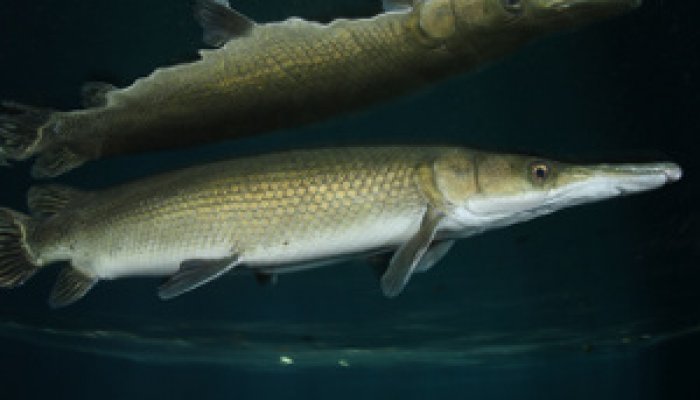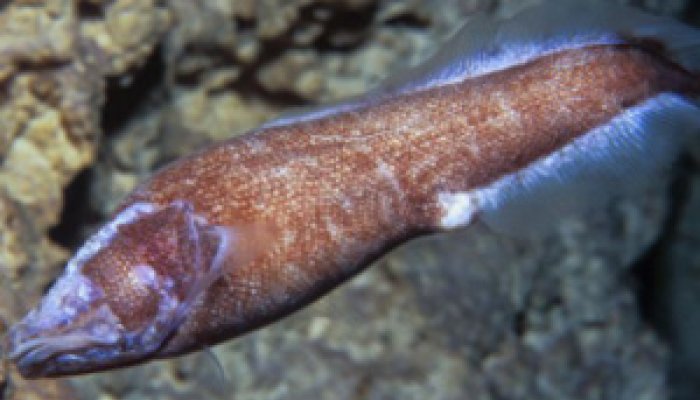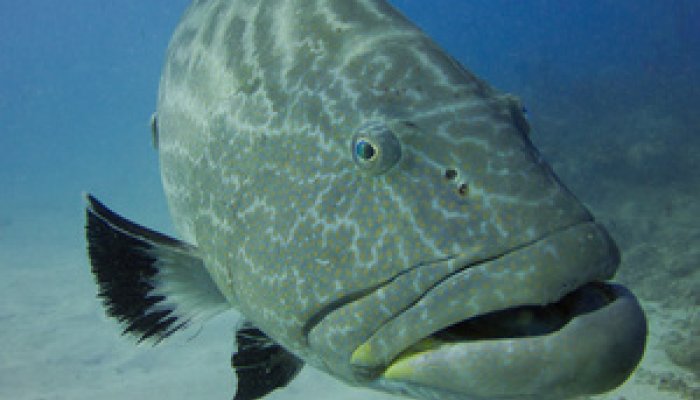With over 900 different species of fish—22 of which are endemic freshwater species—to be found near Cuba and the archipelago, it’s not surprising that Cuba tends to attract a lot of naturalists as well as game fishers. Ernest Hemingway, for one, was an avid game fisher and took advantage of the Cuban water’s diverse fish life.
You can find clown fish, angelfish, tangs, groupers, and countless others coloring the blue waters or traversing the labyrinthine bright coral reefs. Above, turtles swim placidly in the warm waters alongside playing porpoises and dolphins. Flying fish scull the water with their tails as they open up their pectoral fins, gaining momentum and flitting along the surface. Here are a few of our favorites!

Cuban Gar
These slick little fish are currently on the endangered species list. They have adapted well for the Cuban waters and are covered in a thin layer of oil that serves to help them move more easily through the water. These fish are another ‘living fossil’—a prehistoric beast, if you will, that is one of the most primitive species alive today. Although they benefit from their oily sheen, they do not enjoy inhabiting Cuba’s more swiftly flowing waters.
Although they can survive in both fresh and brackish waters, they prefer Cuba’s larger river arteries and swamps.

Lucifuga Fish
These unique fish enjoy the brackish water found in many of Cuba’s caves.
They have completely adapted to their dark habitat, and the four different species of Lucifuga fish in Cuba have lost the majority of their pigment and now have no eyes. With this visage, it is not a shock that many compare seeing them to the haunting image of seeing a ghost fish drift toward them in the pitch-black waters.

Goliath Grouper
One monolith of the seas is the Goliath Grouper, a critically endangered fish that can reach up to 8 feet in its long lifetime. If they are communicating with other groupers or intimidating enemies, groupers make a low, rumbling sound that has the capacity to travel great distances under the water.
Fun Fact:
The Goliath groupers have a lifespan of around 30 to 50 years, and scientists suspect the large fish may change sex as they mature.

